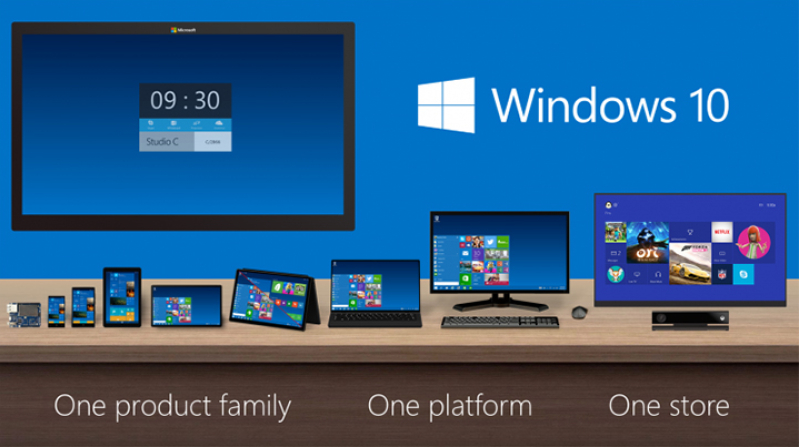
Recently, Microsoft made Window 10 available to users worldwide for free download, and have even more recently released a November Update (also known as Windows 10 Fall Update or Windows 10 Threshold 2) that is free for notebooks, desktops, and 2-in-1s. Once users learned how to download the software, there were experiencing some bugs that became so much of a problem that Microsoft had to stop the November Update, and it could be a while before fixes come into play.
According to Ars Technica, downloadable versions of Windows 10 version 1511, the November 2015 update, appear to have been removed after their release earlier in the month. The issue was that Microsoft allowed users to download full copies of the installer using the Media Creation Tool (MCT), but the 1511 MCT has been removed and replaced with the original July version.
This still means that systems can be upgraded to the November update, even if direct installation is no longer possible. The original RTM (Released To Manufacturing) must be installed, and then the upgrade to 1511 performed through Windows update.
Microsoft has not really stated why the 1511 installer has been pulled, only saying that the "the November update was originally available via the MCT, but the company decided that future installs should be through Windows Update. People can still download Windows 10 [Build 10240] using the MTC tool if they wish. The November update will be delivered via Windows Update."
This November Update was supposed to allow Windows 7 and 8 product keys to be used even for clean installations, but there were problems found. Bugs have been reported like machines that instantly wake after sleeping, excessive processor usage by the Mail app, the lock screen failing to hide the full desktop and more.
Microsoft has stated that "once these customers installed the November update, a few of their settings preferences may have inadvertently not been retained." The issue is with this type of upgrade is that Windows Setup is supposed to transfer or migrate all user settings to the new installation.
However, four settings were simply reset to their default values which include: 1) Let apps us my advertising ID for experiences across aps; 2) Turn on SmartScreen Filter to check web content that Windows Store apps use; 3) Send Microsoft info about how I write to help us improve typping and writing in the future; 4) Let websites provide locally relevant content by accessing my language list.
For the four settings listed here, all of them are set to "On" in a default installation, which means that any Windows 10 user who had them all set to off for reasons of their own suddenly had a rude awakening. All of those settings just happen to be in the Privacy heading, so this is not something that an upgrade has right to tamper into.
ZDNet reports that the current status of the November update is once again being offered via Windows Update to Windows 10 machines running the original July release, also known as build 10240. A recently released cumulative update will restore the settings for anyone who previously upgraded.
It's pretty clear that Microsoft is going to have to work hard to take care of this issue, but their statements about it have at least shown that they are addressing this problem.







